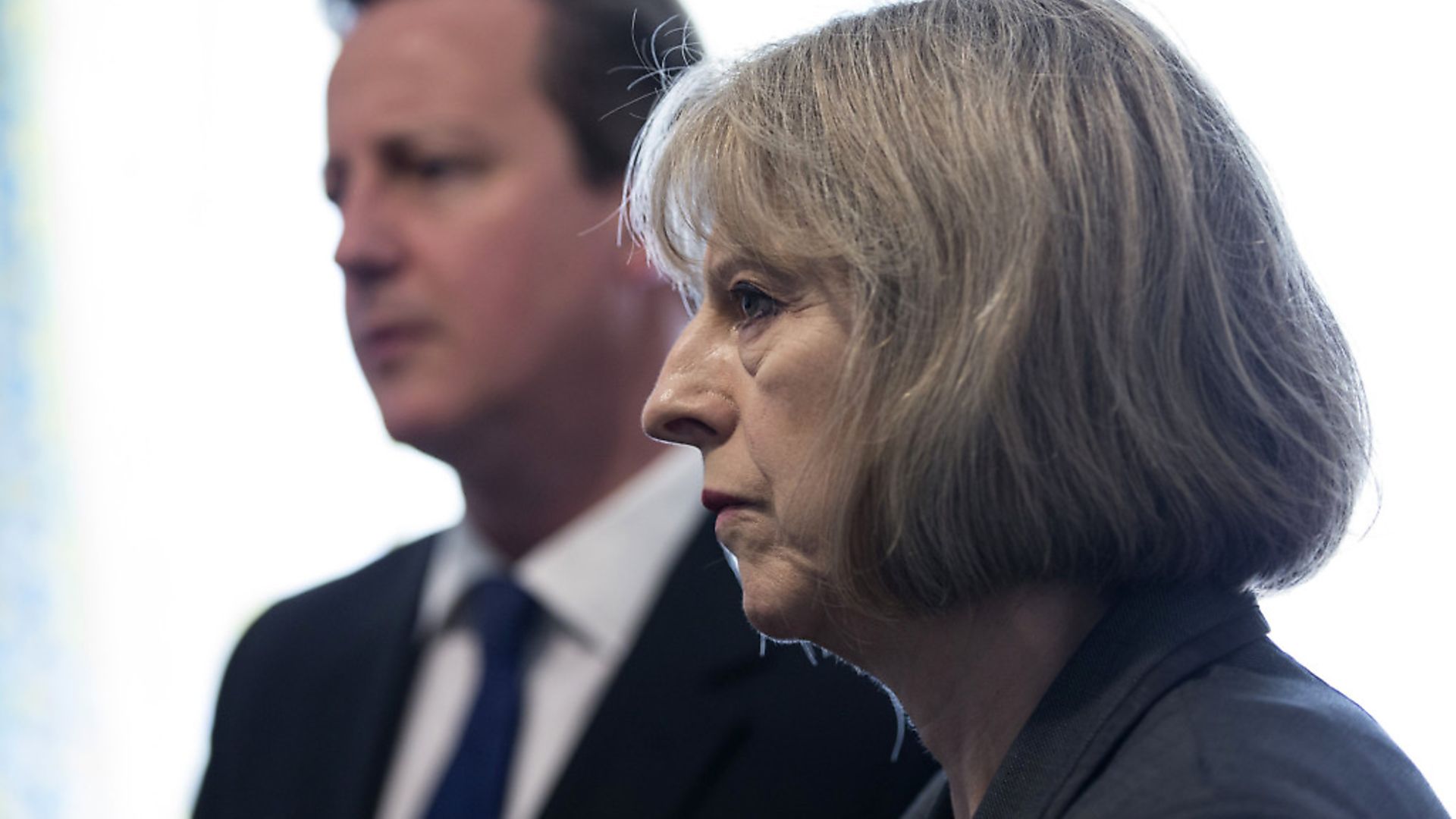
A reader points out that the ‘Code of Good Practice on Referendums’ should have been applied to the EU referendum.
What most politicians have failed to point out is that since 2006 the UK has been one of 60 signatories to the ‘Code of Good Practice on Referendums’ (part of the Venice Commission).
This advocates a referendum as a two-part process, starting with an advisory vote and proceeding to a detailed proposal, with a second vote by either parliament or the people. This, you will note, is more or less where we are.
They also advise that a vote below 55% in favour should be ignored. Hmmm.
Hugh Janes
Plymouth
I feel quite uneasy at the suggestion that the People’s Vote should have just two options: Theresa May’s Withdrawal Agreement, and Remain.
Firstly, that agreement is just a transitional one, not the final deal. Therefore, logically, the non-Remain option should be ‘Theresa May’s deal’ plus the planned final deal – ‘TMD + customs union’, for example.
But even then this referendum risks being called a ‘stitch-up’, unless other choices are on offer too, for example TMD + Canada-style trade deal, TMD + access to the single market, etc.
At least, no-deal can be legitimately left out, since it has, to all intents and purposes, been banned by parliament, and anyway no-one promoted it during the referendum campaign, every campaigner assuring us we would get a deal.
But then can we expect every voter to be fully aware of what each of these choices precisely entails in order to make a really informed choice? I would be incapable of even grasping one-tenth of all the complex implications of each deal.
Maybe we should simply fall back on our present elected parliament after all, and suggest that through successive votes, MPs whittle the choices down to the final one, a bit like what Tories do to choose the final two candidates for their party leadership.
But of course one dilemma would remain. In voting, how much should MPs balance their own personal convictions against their constituents’ interests?
Paul Smith
Jacob Rees-Mogg has said that ‘if a long extension leaves us stuck in the EU we should be as difficult as possible’.
Not only is his statement inflammatory but, added to his tweet about Germany’s AfD, shows he now has more in common with the likes of Nigel Farage than any mainstream political thinking.
Rees-Mogg now needs to stand by his political convictions and move to UKIP or the Brexit party.
Tony Howarth
London SW3
I was appalled by Jacob Rees-Mogg threatening the EU with disruption if the UK takes part in European elections. This is proof positive of how far the ERG are sunk into their anti-European obsession and their complete inability to see that whatever happens with Brexit, this country needs to have a good relationship with Europe in the future.
Jenny Walton
Ormskirk
• Send your letters for publication to letters@theneweuropean.co.uk and read all of our letters by picking up a copy of our newspaper every Thursday.









